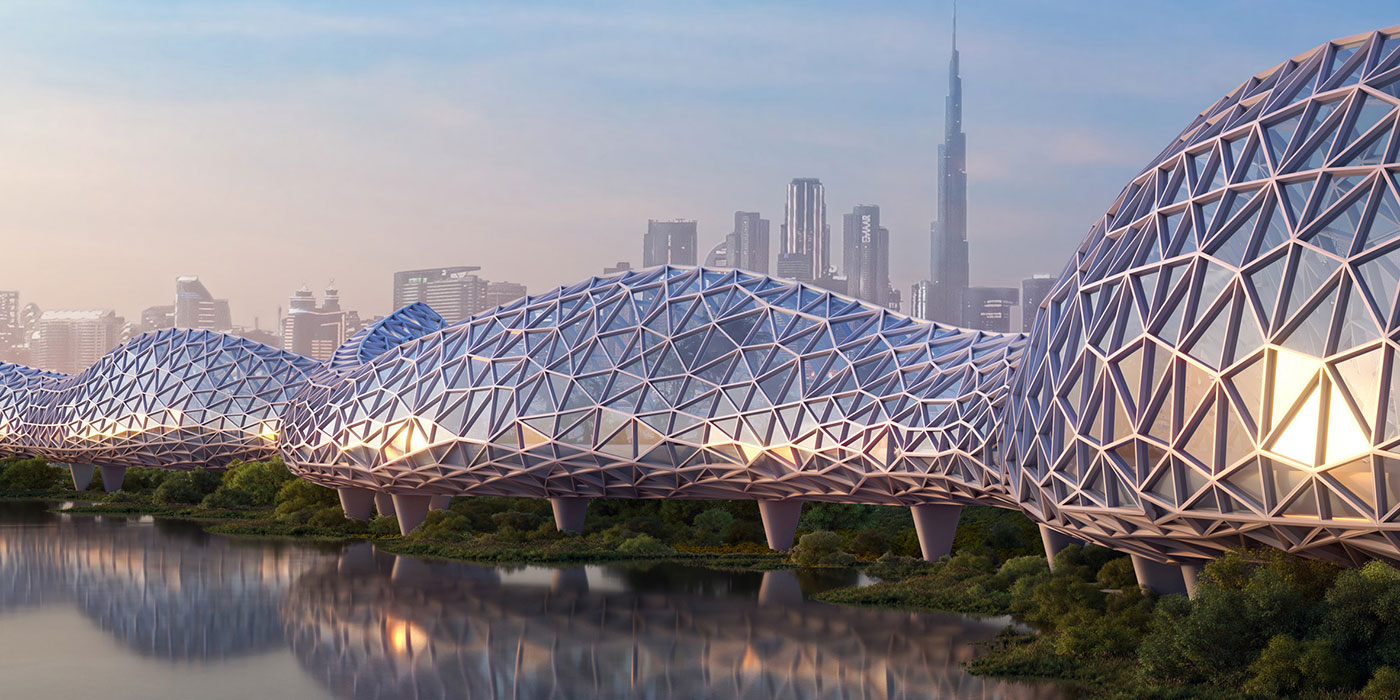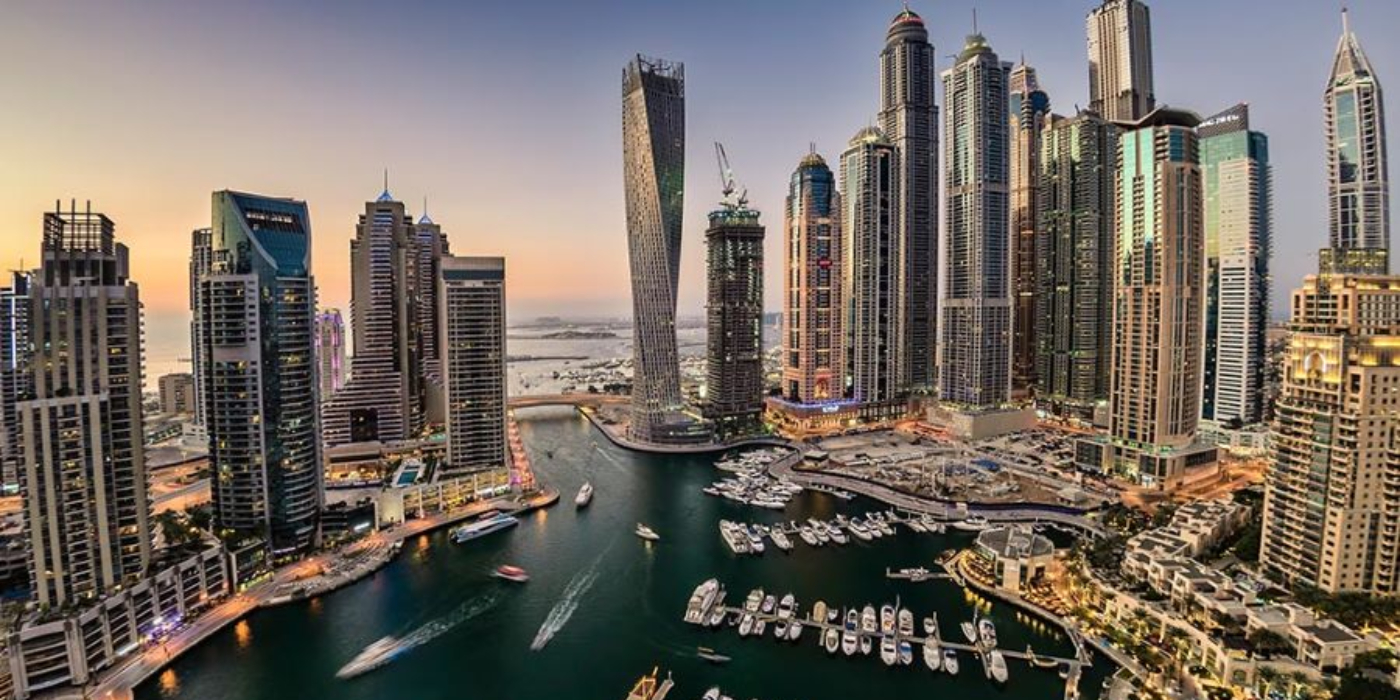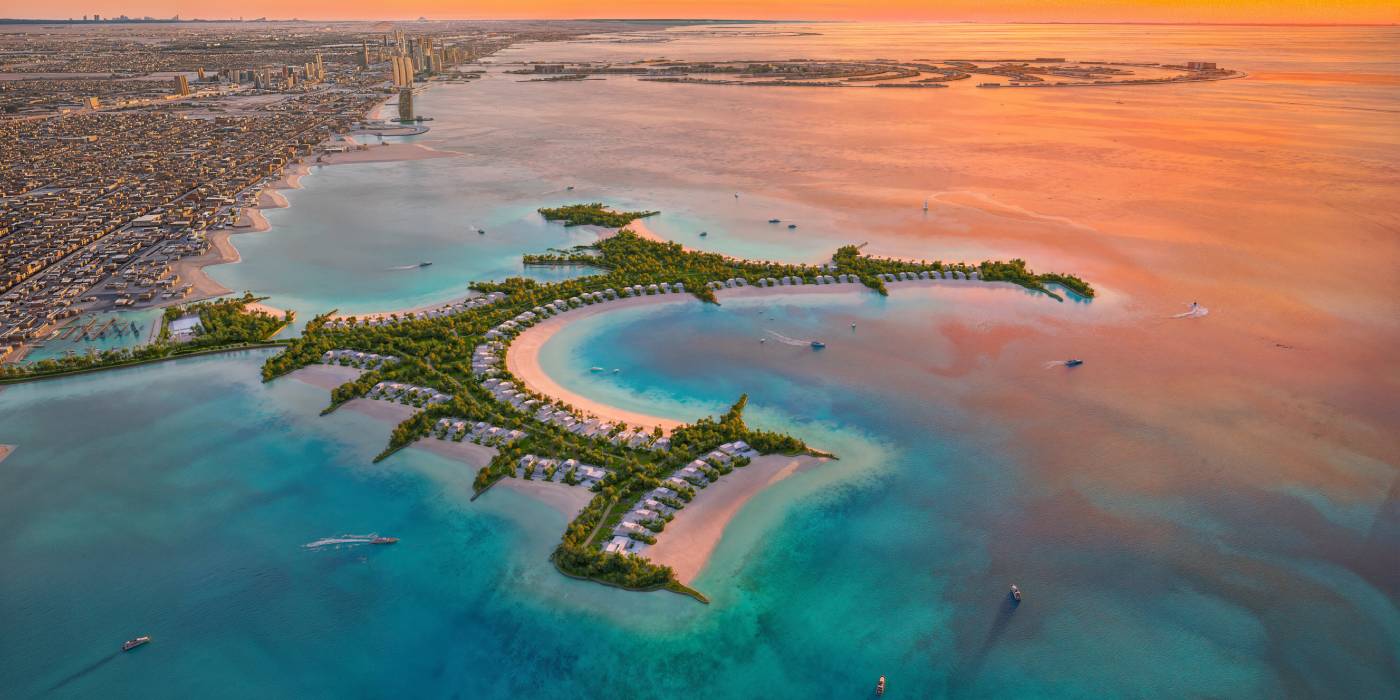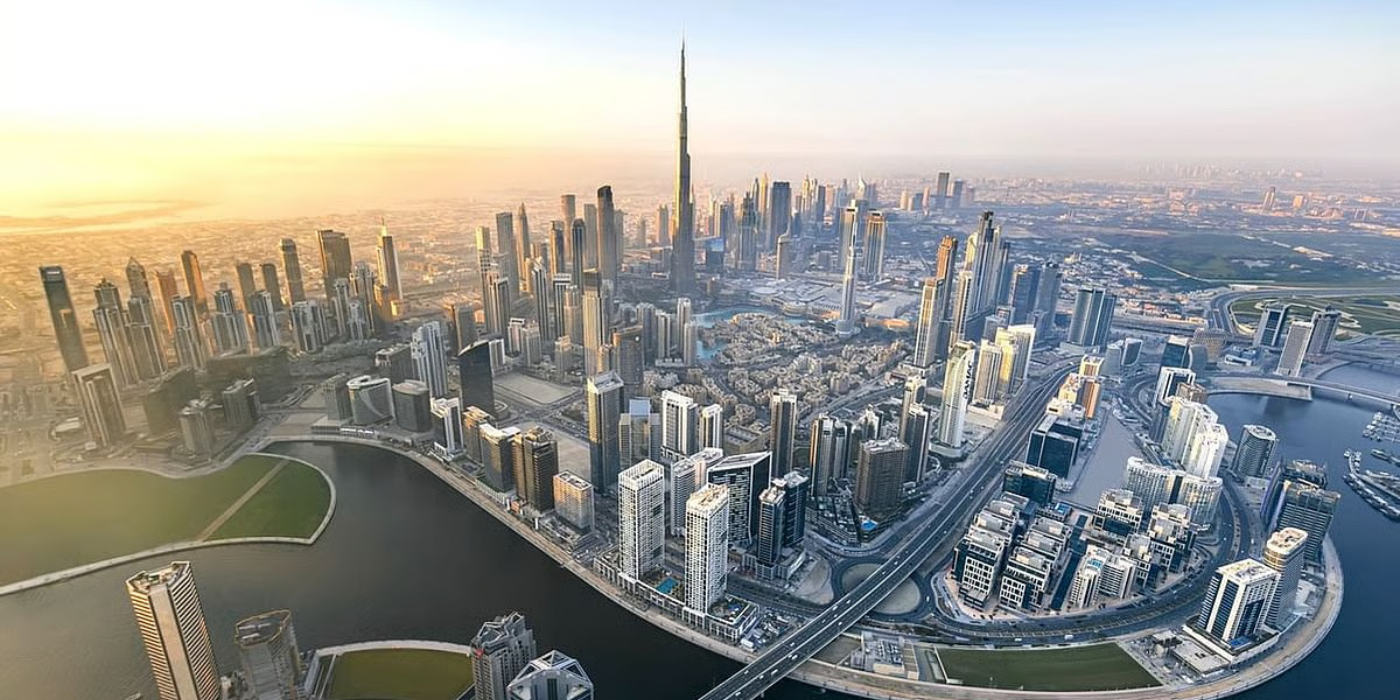Dubai's Vision: Becoming The World's Premier Bike-Friendly City by 2040
- Jan 05,2024
Dubai's ambitious cycling masterplan, known as "Dubai Cycle City 2040," aims to position the city as the world's premier bike-friendly destination, surpassing even cycling havens like Amsterdam and Copenhagen. The comprehensive proposal, introduced by URB, features groundbreaking initiatives such as THE LOOP, a 93-kilometer climate-controlled cycling highway.
As the emirate anticipates its population to more than double by 2040, sustainable mobility has become a focal point of Dubai's urban planning. Initiatives like electric vehicles in the police and taxi fleets underline the city's commitment to environmental sustainability.
Baharash Bagherian, CEO of URB, emphasized the role of urban planners as changemakers, stating that the Dubai Cycle City 2040 embodies an entrepreneurial spirit dedicated to enhancing sustainability in existing cities.
The project includes The Loop, designed to connect key areas such as; DIFC, Downtown, Business Bay, Al Quoz, Al Serkal Avenue, Al Barsha, Dubai Marina, JLT, Jebal Ali Village, Jebal Ali Industrial Area, Expo City, DIP, Remraam, Sustainable City, Haman Sports Complex, Dubailand, Academic City, DSO, Nad Al Sheba, Al Meydan, D3, AL Jaddaf, Dubai Frame.
In recent months, Dubai unveiled an innovative project known as The Loop, a 93-kilometer climate-controlled highway. This ambitious initiative is part of a larger plan to promote a "healthy mode of transport," facilitating easy access to essential services and locations through walking and cycling within minutes.
The comprehensive proposal also includes plans to offer utilities and amenities to neighborhoods, incorporating features such as urban agriculture and social spaces. It's noteworthy that Amsterdam currently boasts a cycling infrastructure of 515 kilometers, while Copenhagen has 545 kilometers. Dubai, in its forward-looking approach, aims to surpass these figures by developing over 1,000 kilometers of cycling infrastructure.
Key Project Facts
- Extensive Length: The cycling highway, The Loop, spans an impressive 93 kilometers.
- The project is committed to using 100% renewable energy, harnessing the power of kinetic sources.
- Zero emissions transport system
- 100% recycled water for irrigation
- Additional amenities for residents
- Promotes health and wellbeing
- Vertical farms for food security
Under the leadership of Sheikh Mohammed bin Rashid Al Maktoum, Vice President and Prime Minister of the UAE and Ruler of Dubai, the development of Dubai as a 20-minute city is aligned with the broader Dubai 2040 Urban Master Plan.
URB's CEO, Baharash Bagherian, envisions Dubai as the ultimate hub for entrepreneurship in urban mobility, with THE LOOP project exemplifying this entrepreneurial spirit.
In line with the emirate's goal to become a 20-minute city, THE LOOP aims to enable residents to access destinations and essentials within 20 minutes by foot or bicycle. This concept is consistent with the comprehensive Dubai 2040 Urban Master Plan, which focuses on enhancing and utilizing urban spaces for residents' well-being.
Sheikh Mohammed reviewed the progress of 17 projects and initiatives in the initial phase of the Dubai 2040 Urban Master Plan. Emphasizing a clear vision for urban infrastructure and housing development until 2040, Sheikh Mohammed envisions Dubai as an eco- and pedestrian-friendly city with a significant emphasis on high-yield urban agriculture.
The plan outlines the development of five main urban centers, a comprehensive real estate strategy, and a commitment to sustainable urban development. Officially approved in 2021, the Dubai 2040 Urban Master Plan aims to position Dubai as the epitome of the best city for living. It provides a strategic roadmap with six distinct urbanization levels designed to create
The plan also envisions determining infrastructure requirements, including roads, transportation systems, energy, and government services such as hospitals, schools, service centers, and recreational facilities. This integration of services across all emirate districts emphasizes the use of flexible and sustainable means of mobility under the six urbanization levels.
Source: Arabian Business






